【新唐人2011年11月26日訊】三季度人民幣貿易結算額首次出現下降,這既出乎意料又合情合理,數據顯示,人民幣結算貿易蓬勃發展的背後,是內地公司越來越猖獗的套利行為,外國公司實際參與的貿易結算非常之少。專家分析,人民幣未來五到十年匹敵美元實際是不可能的。
美中經濟與安全評估委員會(US-China Economic and Security Review Commission)11月在提交給國會的年度報告中警告說,未來5至10年之內人民幣可能對美元在國際上的主導地位構成威脅。
美國南卡羅來納大學艾肯商學院教授謝田博士表示,美國經常自己給自己提出警告,「美中經濟與安全評估委員會」是從最壞的角度來提醒美國的決策者們,他們是在假設中國經濟一直保持在每年10%以上的增長率的前提下作出的猜測。
謝田:“人民幣要對美元構成威脅的話,首先人民幣必須成為自由流通貨幣,如果不是自由流通的,沒有人願意把它作為儲存貨幣,第二沒有人願意去接受一個被政府操控的貨幣作為一個主要貨幣,如果中國政府可以隨便操控,隨便更改匯率,那其他國家為甚麼有必要把自己的財富讓另外一個國家來決定呢。”
中國人民銀行(PBoC)在最新的貨幣政策報告中披露,第三季度跨境貿易人民幣結算總額有所回落,這是自2009年6月中國啟動相關試點以來這個數據首次出現下降。
正如英國《金融時報》在1月份率先報導的,人民幣貿易結算蓬勃發展的主要原因之一,就在於中國內地公司一直在與它們的香港子公司進行交易,以圖在兩個市場之間套利。銀行界人士表示,第三季度套利活動有所減少,導致人民幣貿易結算也跟著下滑。
根據全球支付系統Swift的數據,80%以上的跨境人民幣支付與香港有關。人民幣跨境支付交易中,只有8%是“真正對外的”,也就是說交易的一方來自中國內地和香港以外的地方。
據謝田博士分析,中國那一點點真正的境外人民幣結算,主要來自越南和俄羅斯等一些邊境的小小交易。
謝田:“因為中國金融市場面臨更大的壓力,一個是國際化的形勢,另外國際資本還在繼續從中國流出,沒有大的跨國公司在貿易時採用人民幣,除非是俄羅斯和越南一些邊境城市一些小的貿易以外,其他根本沒有使用人民幣的現象,人民幣成為國際貨幣,這個還不是一年兩年的事情。”
全球最大銀行之一的一位高管表示,“事實上,當前幾乎沒有一家大型跨國公司在貿易中採用人民幣。”他說,外國公司都習慣使用美元,而有關使用人民幣的複雜規定也讓他們退避三舍。
謝田博士認為,加上中國經濟在5年內可能出現硬著陸,人民幣離國際化的目標越來越遠。
報告同時說,中共正繼續大舉干預國內經濟,採用的手段包括:向國有企業提供補貼和保護,迫使外國投資者轉讓技術,以及只對中國企業開放政府採購。
中共仍對跨境資本流動實施大量管制,同時繼續大規模干預匯市、以壓低人民幣匯率。
在華盛頓,人民幣問題已再度成為政治議程上最重要的議題。10月份,美國參議院通過一項法案,允許美國根據估算的匯率低估幅度,對中國輸美商品徵收報復性關稅。
歐巴馬政府高級官員,包括美國貿易代表羅恩?柯克(Ron Kirk)和商務部長約翰?布賴森(John Bryson),本週末將前往中國出席美中商貿聯委會(JCCT)會議,這是兩國政府就相關事務舉行雙邊談判的主要論壇。
新唐人記者劉惠、王明宇採訪報導。
---------------------
Will the RMB Match the US Dollar?
This is the first time third quarter Chinese currency trade
settlement amounts took a down turn.
Although this news is somewhat unexpected,
it is still reasonable.
Data shows that behind the Chinese currency
RMB trade settlement's development lays rampant arbitrage in mainland companies, with foreign companies being less involved.
Expert analysts believe that it is impossible for the RMB to
match the U.S. dollar over the next five to 10 years.
U.S.-China Economic and Security Review Commission
(USCC) warns in a November report that
the RMB could threaten the U.S. dollar's dominance in
five to 10 years.
Xie Tian, a professor at the Aiken School of Business
of the University of South Carolina, said that the U.S. often warns itself.
The USCC reminds U.S. policymakers from the worst angle,
that is, their assumptions are based on two things:
China sustaining a 10 percent annual growth rate and
some of its own calculated guesses being calculated right.
Xie Tian: “If the RMB could threaten the U.S. dollar, firstly,
the RMB must be a freely circulating currency, if not, no one will want it as a reserve currency;
secondly, no one is willing to accept a currency that
is manipulated by a government.
If the CCP regime can easily control and change the exchange rate,
why is it necessary for other countries to put their national wealth in the hands of another country?”
The People's Bank of China recently reported that the 3rd quarter
of total cross-border trade in RMB has dropped slightly,
which is the first decline since June 2009, when China launched
related test projects.
The U.K.'s Financial Times first reported in January that
the main reason for the RMB trade settlement boom is that
mainland companies are trading with their Hong Kong
subsidiary companies, attempting to arbitrage between the two markets.
Bankers said that third-quarter arbitrage activity has decreased,
leading to a decrease in RMB trade settlement.
According to data from Swift, a global payment system,
80% of cross-border RMB payments relate to Hong Kong.
During RMB cross-border payment transactions, only 8% is
the “real publicised,” figure,
meaning, the bulk of trade transactions are from the mainland
and outside of Hong Kong.
According to Xie Tian's analysis, China's real outsider
small RMB settlements are mainly from Vietnam and Russia and some other small border transactions.
Xie Tian: “Because China's financial market is facing
great pressure, one is the internationalization push;
another one is that the capital flight out of China, and the
fact that there are no major multinational companies using the RMB in trade, except Russia and Vietnam.
The RMB cannot become the international currency of choice
in one or two years.”
An executive from one of the world's largest banks
said that at the moment there are almost no multinational companies trading in the RMB.
He said that foreign companies make use of U.S. dollars,
and shun the RMB due to its complexity.
Xie Tian believes that China's economy is possibly
out of control and will face a serious crises in five years.
Thus, the target of having the RMB replace the U.S. dollar
as the world reserve currency moves further and further away.
The USCC also reported that the Chinese Communist Party (CCP)
is continuing to intervene in China's domestic economy,
They provide subsidies and protection to state-owned companies,
they force foreign investors to transfer their technology to China,
and only open up government procurement
to national enterprises.
The CCP still controls the flow of a large amount
of cross-border capital.
Meanwhile, it continues to intervene in currency markets
in order to hold down the RMB exchange rate.
In Washington, the RMB issue has once again become the
most important political issue on the U.S. government's agenda.
In October, the U.S. Senate passed a bill allowing
the United States to underestimate the margin of exchange rate
according to estimation, in order to impose retaliatory tariffs
on China's export production to the United States.
President Obama's administration officials, including U.S.
Trade Representative Ron Kirk and Commerce Secretary John Bryson,
will be attending the U.S.-China Joint Commission on
Commerce and Trade meeting this weekend.
This is the main forum for the two governments to hold
bilateral negotiations on related matters.
NTD reporters Liu Hui and Wang Mingyu
看下一集
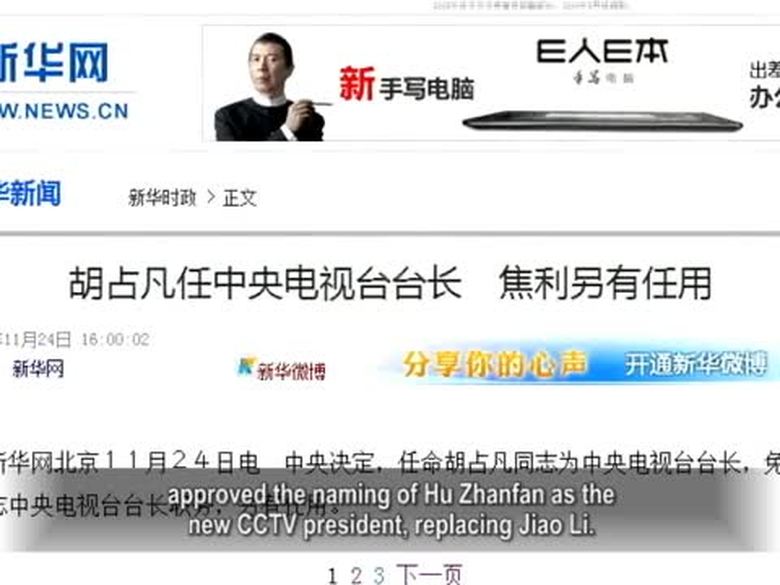
【禁聞】18大前央視換臺長 眾說紛紜引揣測
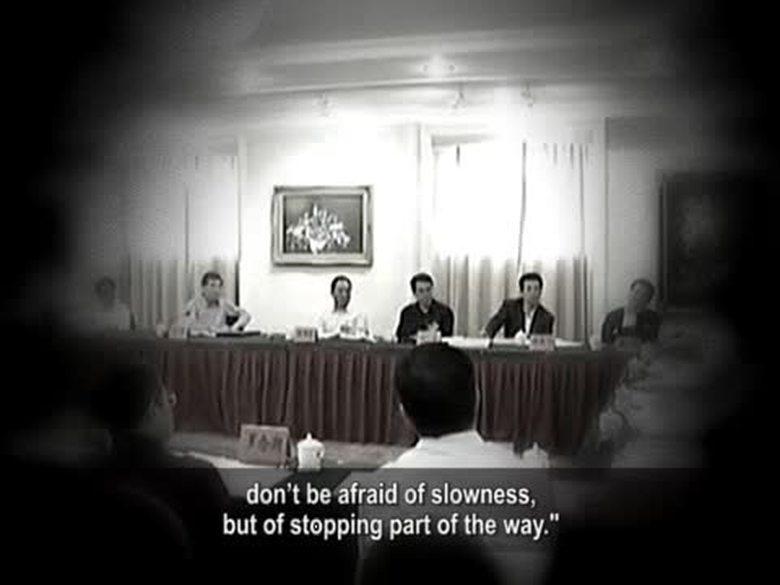
【禁聞】汪洋高談改革放權 習汪薄立場迥異
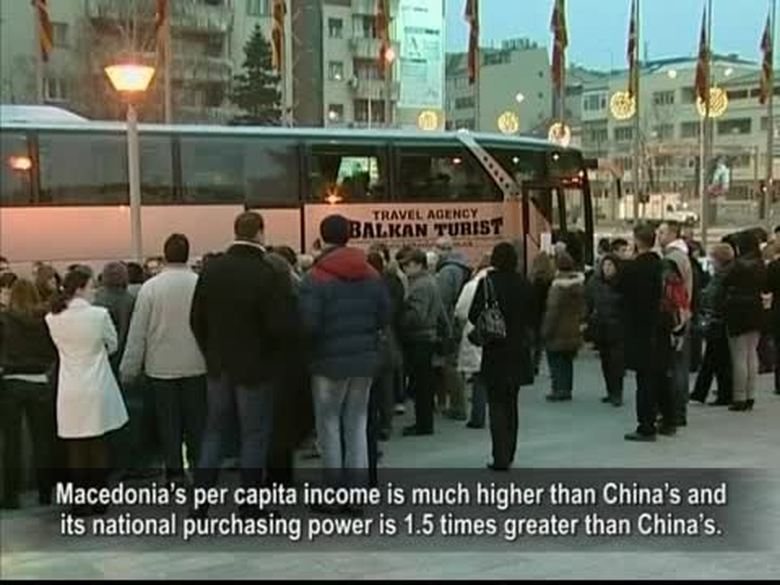
【禁聞】中國校車予馬國 中共外交成援交?
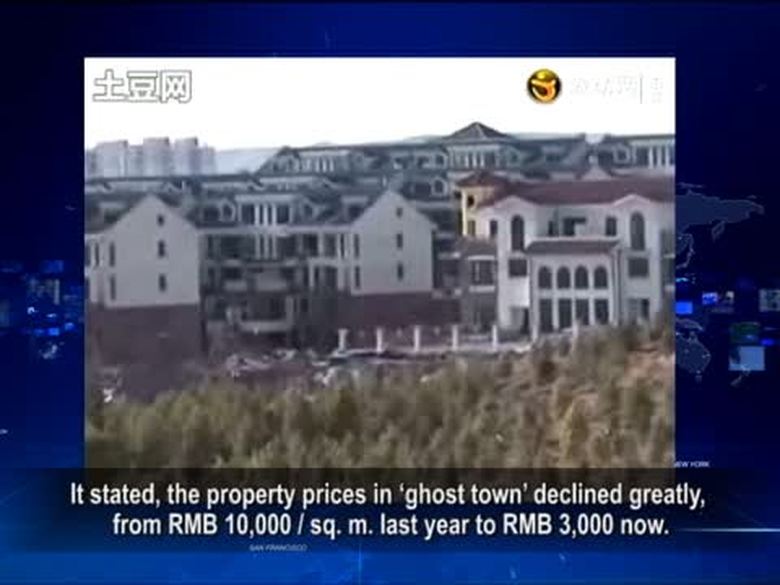
【禁聞】鄂爾多斯傳噩耗 房地產風暴臨近

【禁聞】疑替政府圈地 黃怒波冰島買地被拒
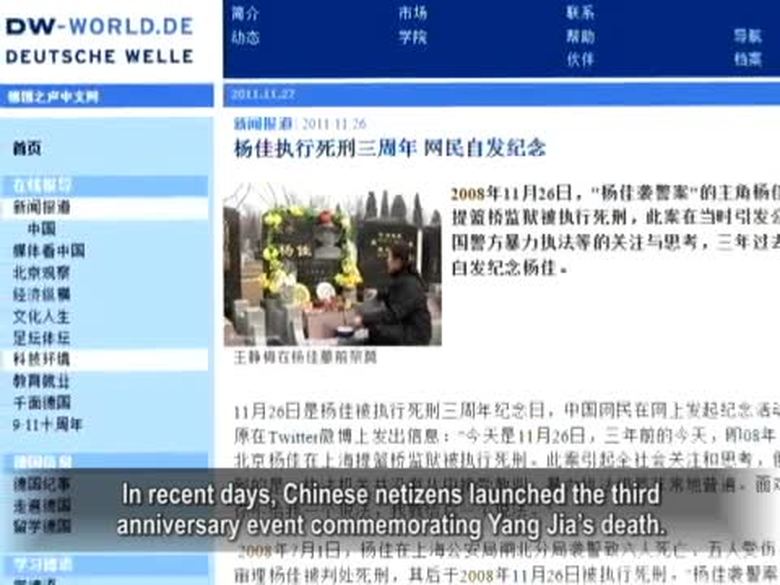
【禁聞】紀念楊佳 表達不滿
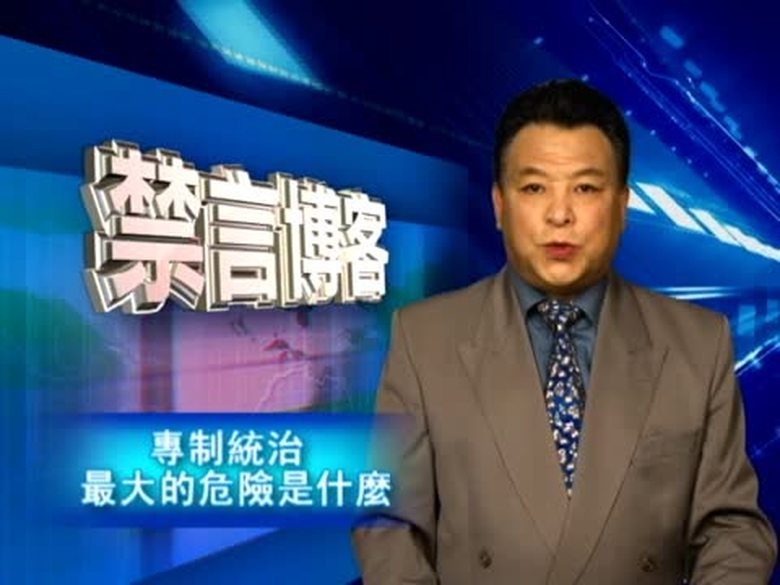
【禁言博客】專制統治最大的危險是甚麼
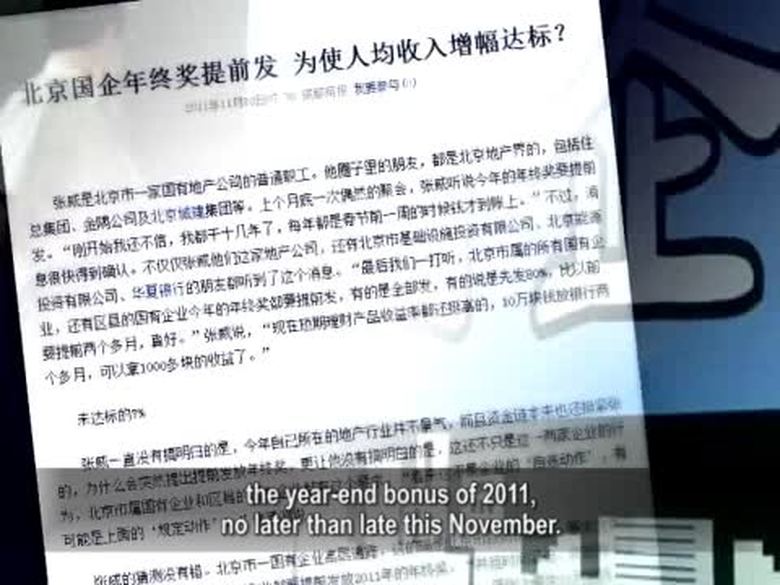
【禁聞】為保指標 北京令國企提前發年終獎
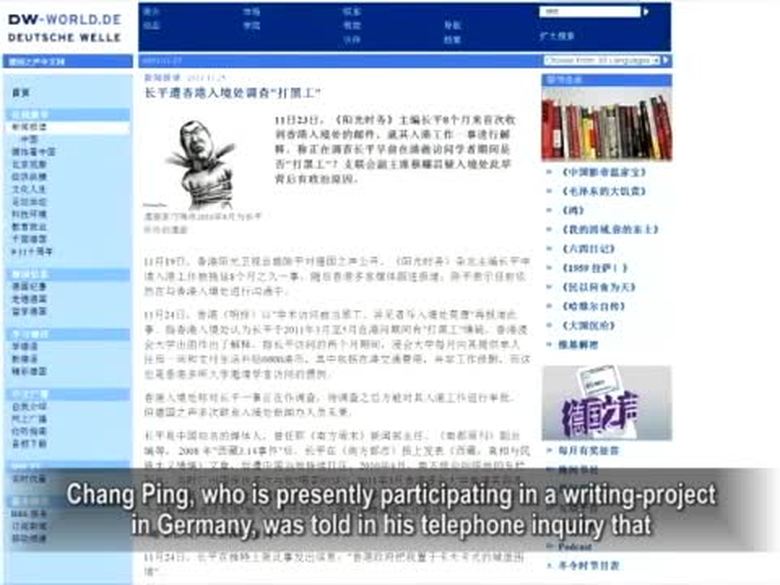
【禁聞】長平簽證受阻 疑港府配合中共
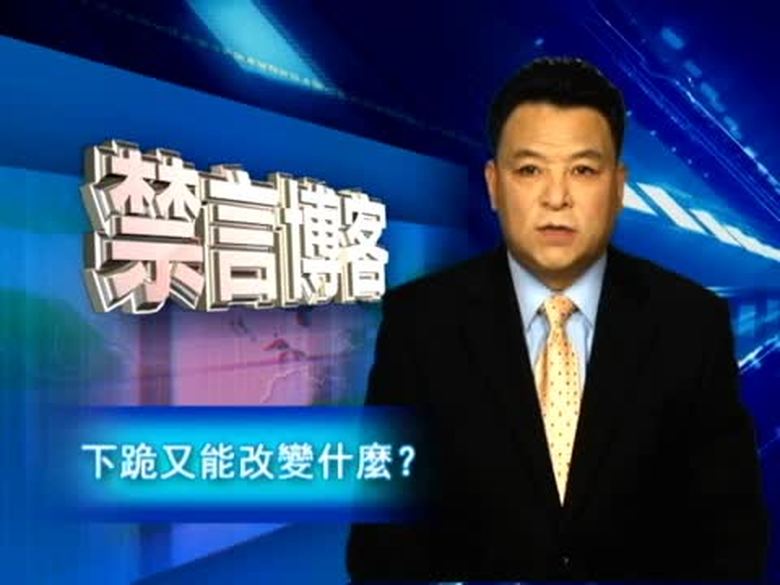
【禁言博客】下跪又能改變甚麼

【禁聞】溫總發話整校車 財政來源誰落實

【禁聞】高校頻換掌門 “官員返校”引關注

【禁聞】公務員考試「考德」 考甚麼?
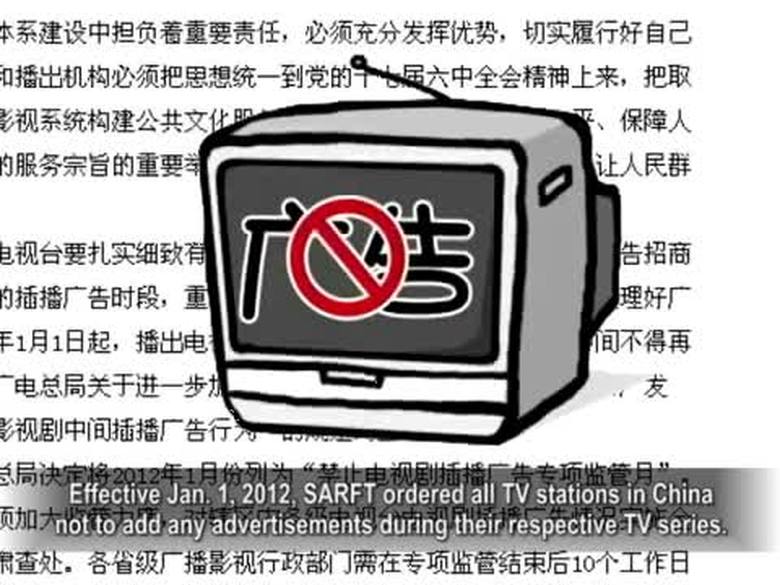
【禁聞】廣電總局又出招 電視劇禁播廣告
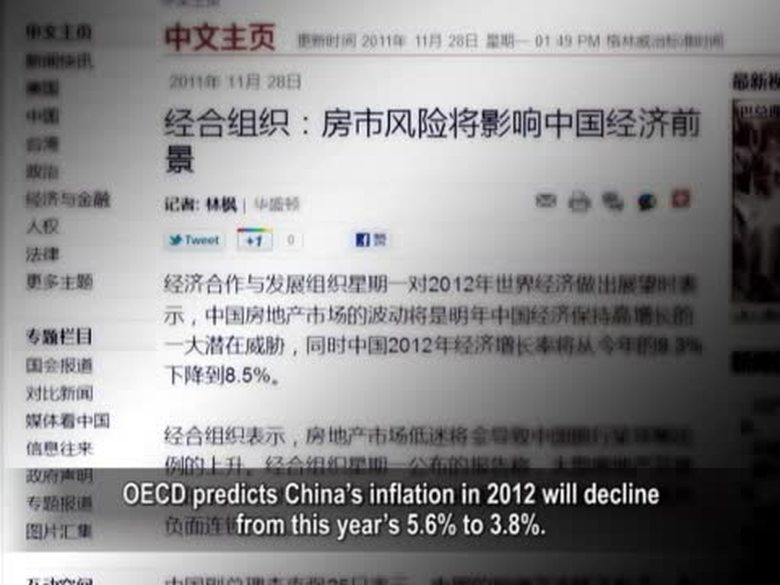
【禁聞】中國房地產泡沫破裂利弊 專家評析
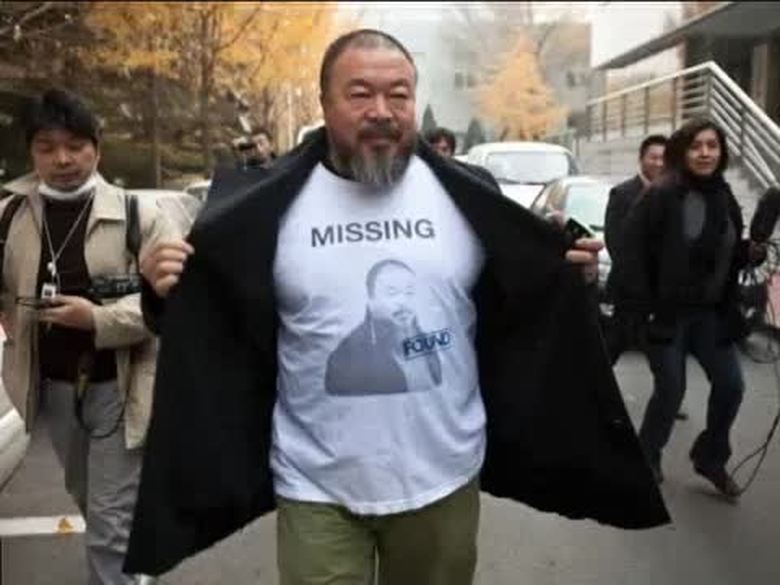
【禁聞】艾未未入選全球百位思想家








